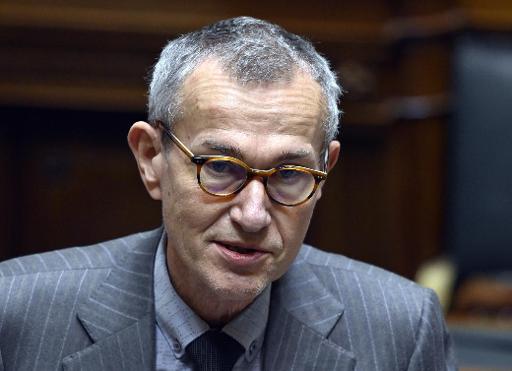A limited ministerial committee is set to examine on Monday concrete measures to be taken to keep new strains of the novel Coronavirus (COVID-19) away from Belgium, Public Health Minister Frank Vandenbroucke (sp.a) said on Sunday.
Speaking on the commercial TV channel VTM, the minister said banning non-essential travel was not on the cards, but it could not be ruled out that the Government might go a step farther “by discouraging trips abroad and making them more difficult."
Belgium’s infection figures are relatively good, compared to its neighbours, but political decision-makers and virologists fear a spike in the spread of foreign strains. On Sunday, the presence of the British variant of the virus was detected in a nursing home in Merken, West Flanders.
"There are still a number of cracks in our protection system,” Mr. Vandenbroucke said. “ We are studying how we can really plug these holes.”
The Health Minister pointed out, for example, that testing and quarantine rules apply only to people who have spent at least 48 hours abroad or who have remained in Belgium for less than 48 hours. “That’s a gap we have to fill,” he said.
Shortening this period is one of the proposals to be discussed this week. However, Mr. Vandenbroucke declined to comment on whether it could be reduced to 24 hours.
During the ‘De Zevende Dag’ programme on VRT TV, Vice President Vincent Van Quickenborne (Open Vld) spoke of a 16-hour limit. “It’s a proposal that has been made and one we could live with,” said Van Quickenborne, who is also Justice Minister.
Both ministers stressed that cross-border work should remain possible.
Neither feels a ban on non-essential travel is appropriate. It would run counter to Belgium’s European obligations and it is anything but evident that such a ban could be effectively monitored, they argued.
However, Mr. Vandenbroucke said the federal government could go further and make travel abroad more difficult. He also called for stricter enforcement of testing and quarantine regulations.
Mr. Van Quickenborne referred to sanctions for people who circumvent the testing requirements on arriving in the country.
“As Government, we can see perfectly who complies with them and who doesn’t,” he said. “If you do not wear a face mask or do not respect the assembly ban, you risk a fine. If people deliberately do not take the test, even if it’s compulsory, then you have to act.”
The Justice Minister stressed that there was better compliance with the rules that apply to people returning to the country. After the Christmas holidays, 60 to 65% of them took the test, “but that’s still too little,” he said.
The Brussels Times

